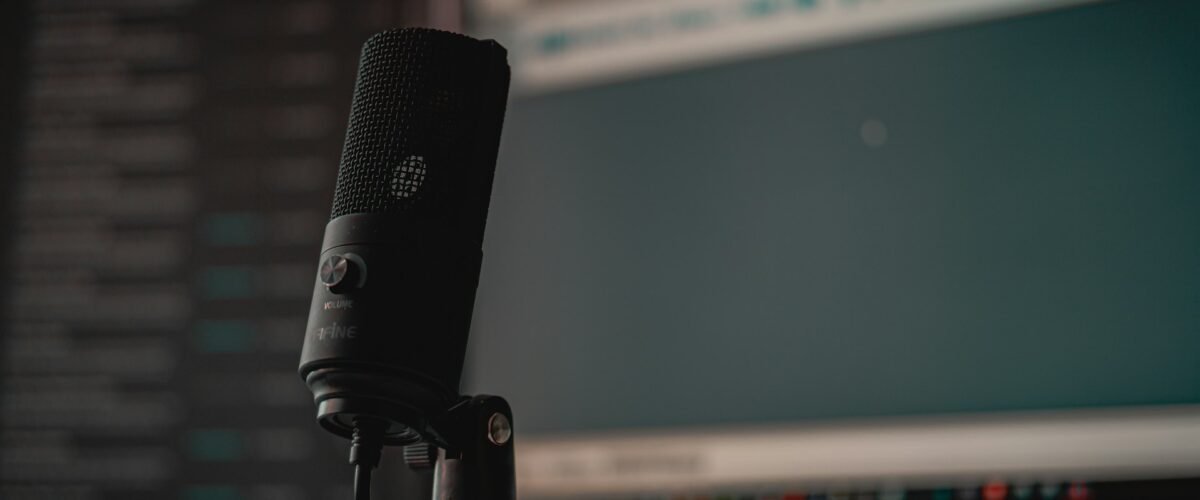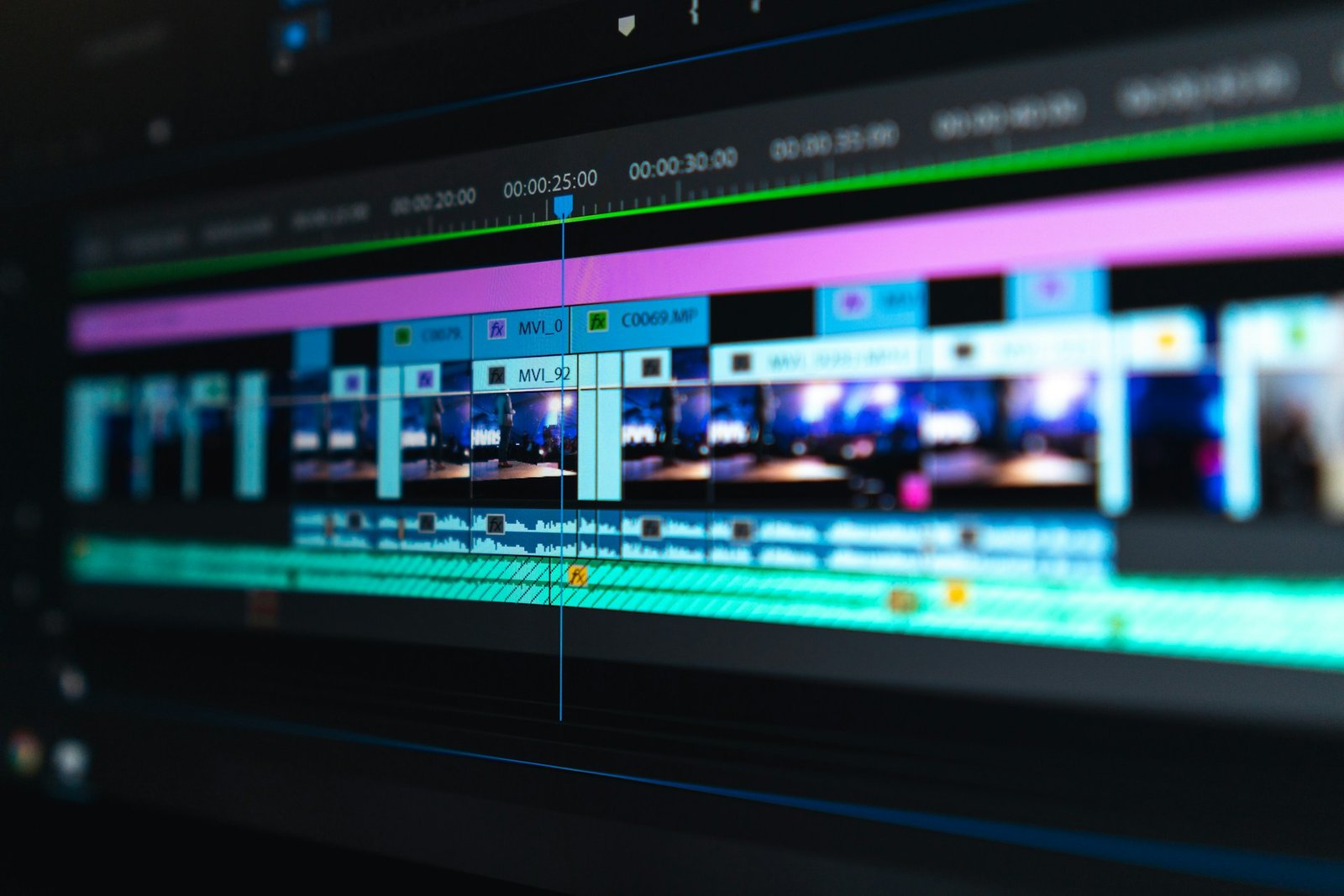What is the Best Software for Podcasting? (Free & Paid)
If you’re embarking on your podcasting journey and seeking guidance on which software to use for recording, you’ve come to the right place. Selecting the right recording software is crucial for producing high-quality podcasts, and we’re here to assist you every step of the way.
There are numerous recording software options available, each offering its own set of features and capabilities. To help you navigate this sea of choices, we’ll provide an overview of some popular options, highlighting their key strengths and considerations to help you make an informed decision.
Whether you’re a novice podcaster looking for user-friendly software or a seasoned professional in search of advanced recording features, we’ll explore a range of options to suit your needs. From free and open-source programs to premium software with robust functionality, there’s something for everyone in the world of podcast recording software.
So, let’s dive in and explore the best tools to kickstart your podcasting journey and bring your creative vision to life.
Best Software for Podcasting
Solo Podcasting
When it comes to recording a solo podcast audacity emerges as a top contender. This free software offers a user-friendly interface and robust features, making it an ideal choice for beginners and seasoned podcasters alike. Despite its no-cost nature, Audacity boasts impressive quality, earning the trust of professionals across various industries.
Audacity’s rich history dates back to its release in 2000, establishing itself as a reliable tool for audio recording and editing. Despite its longevity, the software continues to receive regular updates, ensuring compatibility with modern operating systems and audio standards. Rest assured, Audacity remains a relevant and dependable option for podcasters, regardless of its age.
One of the key advantages of Audacity is its widespread popularity, which translates to a wealth of resources and support available to users. From comprehensive tutorials on YouTube to forums and online communities, there’s no shortage of guidance and assistance for those seeking to master the intricacies of Audacity. Whether you’re looking to enhance your audio quality, fine-tune your editing skills, or troubleshoot technical issues, the abundance of resources ensures that help is always within reach.
In summary, Audacity stands as a tried-and-true solution for solo podcasters, offering a winning combination of accessibility, functionality, and community support.
Podcasting with Guests
When it comes to recording podcasts with guests CleanFeed is your choice, offering both free and paid plans to suit varying needs. While the free plan provides ample functionality, the paid option unlocks additional features for those seeking enhanced capabilities.
CleanFeed streamlines the recording process by allowing hosts to send a simple link or invitation to their guests. Once clicked and opened in a browser, guests can seamlessly join the recording session without the need to download any software. This convenience not only simplifies the setup process but also ensures a smooth experience for guests, eliminating any potential technical barriers.
Of course those 2 aren’t the only software for recording voice, there are also other alternatives if you’d rather using others.
Alternative Softwares
GarageBand – Ideal for Mac users, GarageBand offers a user-friendly interface and editing features. It’s free on iPhone, iPad, and Mac devices.
Adobe Audition – Part of Adobe Creative Cloud, Audition offers advanced features such as noise reduction and remixing tools. While it’s a must-have for existing Adobe users, its standalone cost may deter those not already invested in the Creative Cloud ecosystem. Adobe Creative Cloud – $59.99/month / Standalone access – $22.99/month
Descript – Powered by AI, Descript allows for voice recording, editing, and script creation. It offers both free and paid plans, though the free version has limited functionality.
REAPER – While more complex than other options, REAPER provides extensive features and customization options. It’s suitable for those seeking advanced functionalities, though it may overwhelm novice podcasters. Reaper costs $60 for a individual creators and $225 for commercial use.
Logic Pro – A more advanced option for Mac users, Logic Pro offers professional-grade features similar to REAPER. It comes with a one-time fee of $199, catering to those willing to invest in a comprehensive recording solution.
Open Broadcaster Software (OBS) – Primarily used for streaming, OBS can also record videos, making it suitable for podcasters who incorporate video content. However, its learning curve may deter beginners despite its free availability.
Spotify for Podcasters – Spotify offers its own recording software with editing features, though audio files are limited to 2 hours in length. It’s a convenient option for those already utilizing Spotify’s podcasting platform.
Zoom – While primarily a VoIP platform, Zoom also offers voice recording features. However, its offline recording capabilities are limited, and recordings are restricted to 40 minutes in duration, making it more suitable for quick or impromptu recordings.
With these options in mind, podcasters can select the software that best aligns with their needs, budget, and technical proficiency, ensuring a seamless recording experience.
Checkout also:




